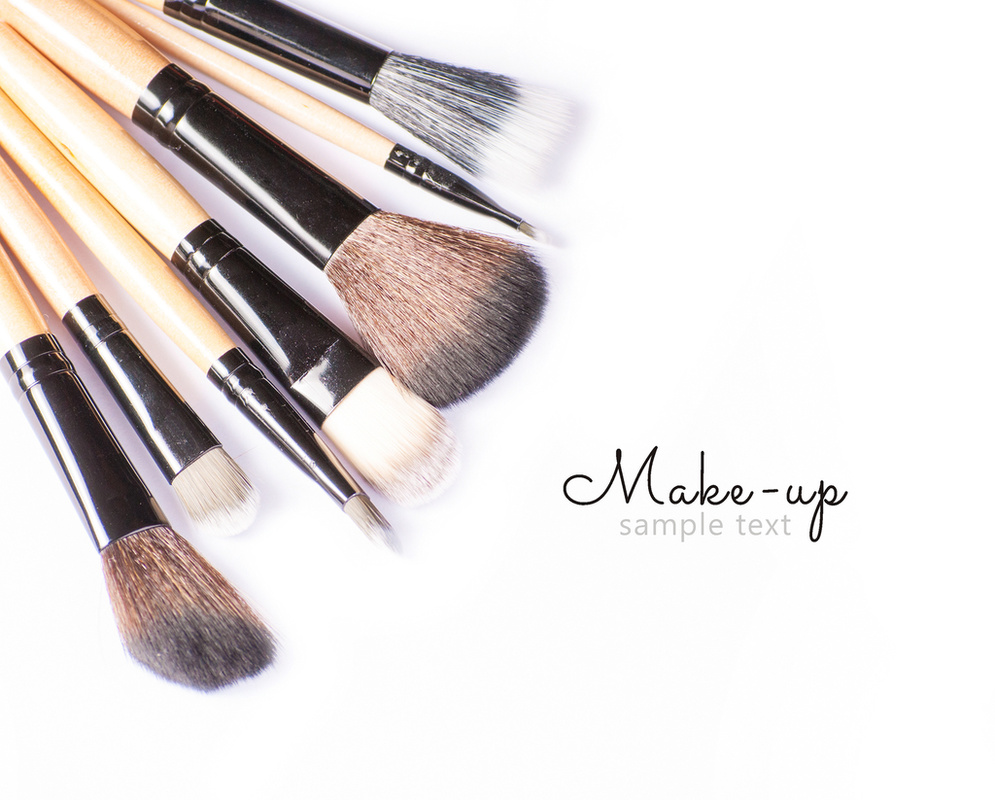How Often Should You Replace Your Makeup Brushes
Posted on: August 10, 2018

Some makeup is virtually impossible to apply without a brush, especially eyeliner, mascara, and other cosmetics that enhance the eyes. A good brush is all but essential to some beauty routines, but these brushes can also harbor bacteria, viruses, fungi, and other not-so-desirable stuff that can lead to an eye infection, skin irritation, and other problems.
Do you know when it’s time to replace your makeup brushes? According to Good Housekeeping media, here are some guidelines:
• Liquid Eyeliner: Replace every three months.
• Mascara: Replace every three months.
• Cream Eye Shadows: Replace every six months.
• Nail Polish: Replace every one to two years. Since nail polish is sensitive to humidity, avoid storing your polishes in the bathroom.
• Lipstick, Lip Gloss, and Lip Liner: Replace every two years.
• Pencil Eyeliner: Replace every two years.
• Powder Eye Shadows: Replace every two years.
Can you skip replacing your cosmetics brush if you give it a thorough cleaning every so often? According to Good Housekeeping, even well-maintained cosmetic brushes that are cleaned regularly should be replaced every three months, or sooner if they shed bristles, become discolored, or have an unusual smell.
It’s a good idea to familiarize yourself with the normal scent of your cosmetics while they’re new so you’ll know if they start to smell “off.” If you apply cosmetics with sponges rather than brushes, these should be replaced every two months.
Just as you replace your cosmetics brushes at home, any professional who does your cosmetics for you should also use a clean brush for each client. Whether you visit a salon, day spa or cosmetics counter at a retail store, you can bring your own clean brush for the technician to use. Or make sure that your technician uses a single-use applicator, such as a makeup sponge or cotton swap, and doesn’t double-dip the applicator into a product after the applicator has touched your skin.
To help ensure your cosmetics technician knows and follows the important rules of client safety, choose a licensed skincare and makeup specialist to help you with your look. These professionals are well-versed in client safety and want you to look and feel your best so you keep coming back.


